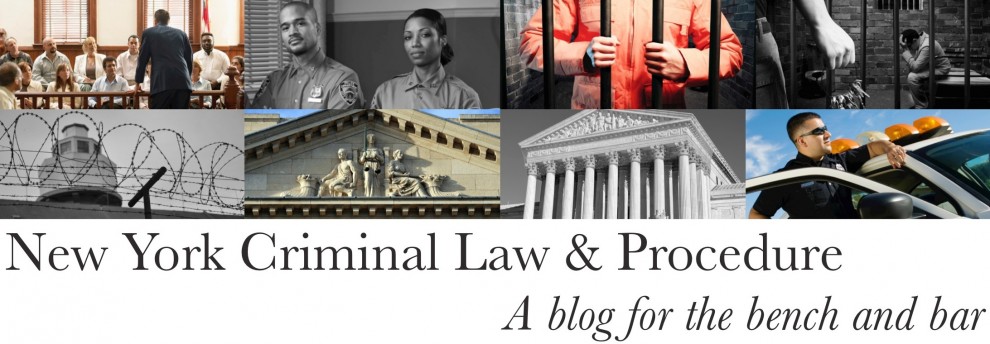The defendant in People v. Smith (App. Term 1st Dept. 12/7/2018), the was convicted after a bench trial of Reckless Driving, Failure to Exercise Due Care to Avoid Collision with a Pedestrian, and Failure to Yield to a Pedestrian. The Appellate Term, First Department, reversed the defendant’s convictions holding that the defendant’s actions did not rise to the level of criminal negligence and the convictions were against the weight of the evidence.
The defendant’s convictions stemmed from a motor vehicle accident where she was the driver. The defendant was driving and as she began to make a left turn, her vehicle was hit by a FedEx truck. The impact of the collision caused her to lose control of her vehicle and, in an attempt to avoid hitting a pedestrian, defendant drove the vehicle onto a sidewalk, where it scraped a building before striking and killing a pedestrian. Testimony at trial showed that prior to striking the pedestrian, when the defendant tried to step on the brakes, her vehicle would not stop. At the conclusion of trial, and at the defendant’s request, the Criminal Court utilized the criminal negligence mens rea with respect to the charged offenses Failure to Exercise Due Care and Failure to Yield. The defendant was convicted of all charges.
A person acts with criminal negligence with respect to a result or to a circumstance described by a statute defining an offense when he or she fails to perceive a substantial and unjustifiable risk that such result will occur or that such circumstance exists. The risk must be of such nature and degree that the failure to perceive it constitutes a gross deviation from the standard of care that a reasonable person would observe in the situation. Penal Law § 15.05(4). The criminal negligence standard is more serious than that required in a civil suit. The criminal standard requires a defendant to have engaged in some blameworthy conduct creating or contributing to a substantial and unjustifiable risk of a proscribed result; nonperception of a risk, even if the proscribed result occurs, is not enough.
Here, the People failed to prove beyond a reasonable doubt that the defendant’s actions were criminal. The court noted that although the facts of the case would be enough to sustain a suit under the civil negligence standard, none of the evidence pointed to any criminal wrongdoing. The defendant was not speeding, driving recklessly, or operating in an intoxicated state. She used her turn signal and looked for pedestrians. Although the harm caused was fatal, it was not the result of morally blameworthy conduct on the defendant’s part. (MK/LC)


